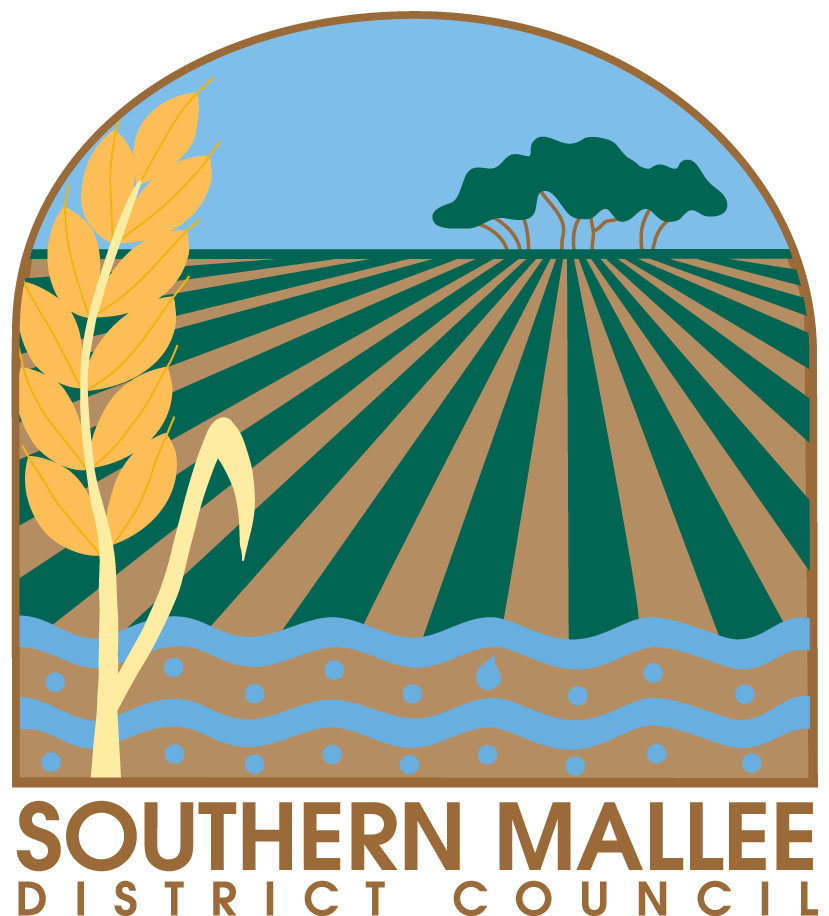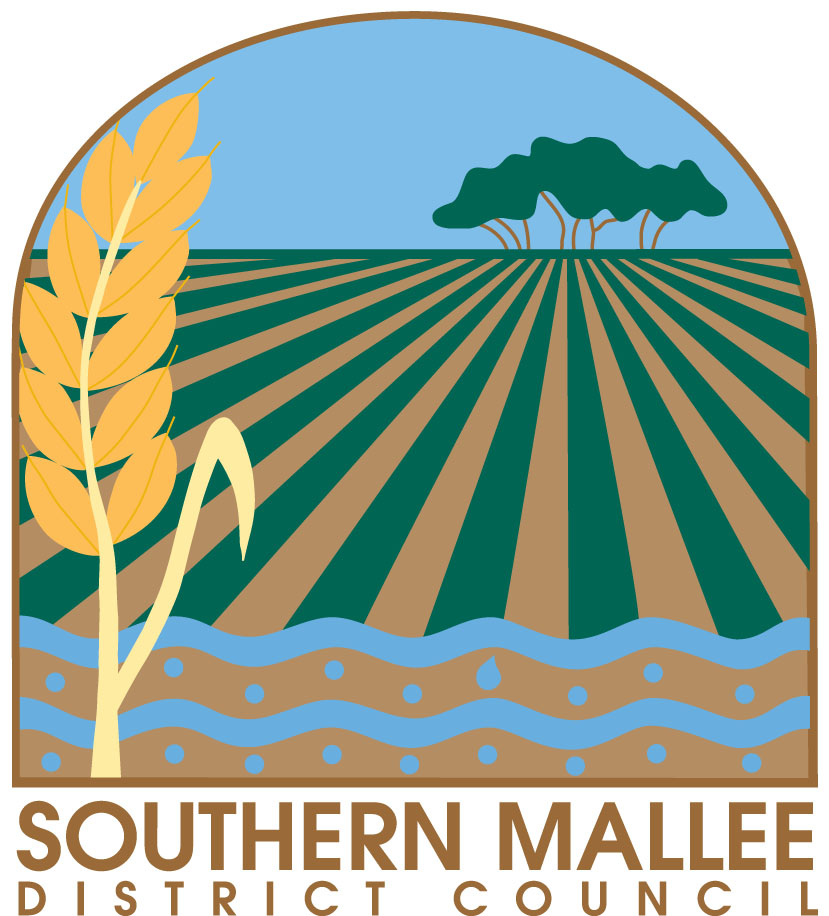Food & Food Safety
Food safety is regulated by inspecting food premises, investigating food complaints and food poisoning occurrences, distributing Food Handler Updates, registration of food premises, registering temporary food premises and following up food recalls. The Food Act & Regulations is the governing legislation along with the Food Standards Code.
Inspections of Food Premises
Under the Food Act, all food premises must be registered with Council. These food premises are classified as either high, medium or low risk and are required to be inspected depending on their level of risk. For example a high risk food premise such as a hospital may need to be inspected every 6 months, a medium risk premise such as restaurant every 12 months and a low risk premise such as a church every 2 years.
When inspecting a premise the Environmental Health Officer looks for the cleanliness of the premise, the suitability of the premises, the skills and knowledge of the food handlers and the receival and storage of food.
Temporary Food Premises
Thinking of having a sausage sizzle or food stall and selling to the public, then you will need to complete a Temporary Food Premises Form. You need to ensure that there are handwashing facilities available along with adequate wastewater disposal, temperature control and suitable storage for the food. Council's Environmental Health Officer will provide you with a copy of the approved/refused temporary food premises form along with any additional conditions.
If the event is to be held on Council land then a Special Event Application Form and a Stall Holder/Exhibitors Permit will need to be completed.
Food Safety around the Home
Most cases of food poisoning occur within the household due to poor food handling skills or storage of potentially hazardous foods
Here are a few tips for good food safety around the home:
Remember when packing lunches place an ice pack with them to keep food cool.
Remember when you have finished cutting up chicken use a fresh knife and chopping board for other food.
Remember to store your raw meats at the bottom of the fridge.
When shopping check the "use by" or "best before" dates on products
Food Safety Training - Are you ALERT?
Food Safety is your business. It is the responsibility of a Food Business to ensure that all food sold is safe and suitable.
Click here - for information on skills and knowledge for food handlers.
Click here - for the DoFoodSafely online learning program which provides a Certificate of Completion that is well respected by the food industry across Australia.
Please contact the Council on 8577 8002 for information on Food Safety Training
Mobile Food Vans Street Traders Permits
Mobile food van vendors are required to obtain a Street Traders Permit from Council prior to commencing trading.
Section 222(1) of the Local Government Act 1999 provides that “a person must not use a public road for business purposes unless authorised to do so by permit”.
Food Safety Resources
Health Fact Sheet - Food Business - Cleaning and Maintenance
Health Fact Sheet - Food Egg Safety
Health Fact Sheet - Food Handler Health Hygiene and Hand Washing
Health Fact Sheet - Food Processing and Cross Contamination
Health Fact Sheet - Food Storage and Display
Health Fact Sheet - Pest Control
Health Fact Sheet - Receiving Food Safely
Health Fact Sheet - Sanitising
Health Fact Sheet - Thawing, Cooling and Reheating Food
Health Fact Sheet - Two Hour, Four Hour Rule
Health Fact Sheet - Temperature Control and Thermometer Use

